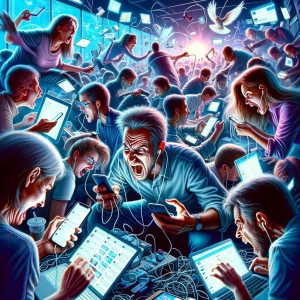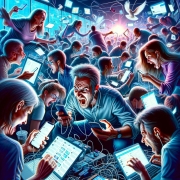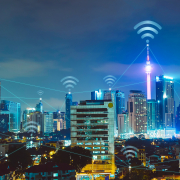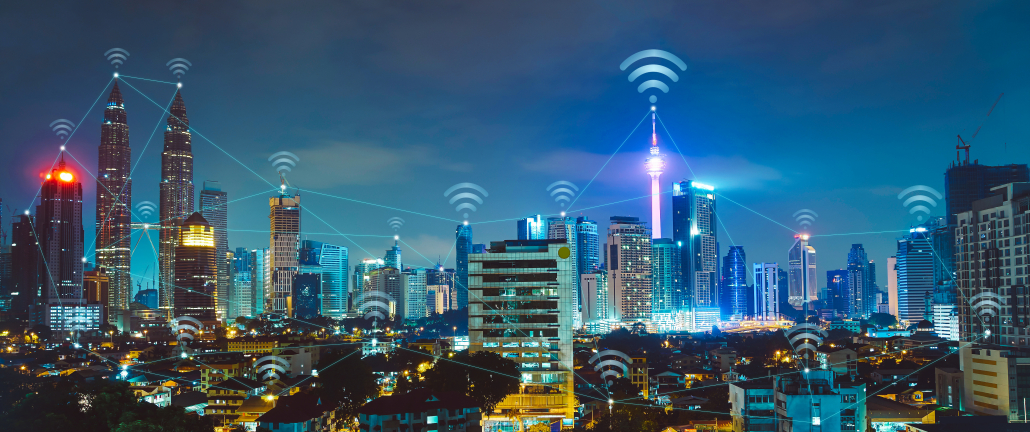The Impact of Technology in Today’s Society

Over the last 25 years I have noticed a distinct change in the mentality of humanity and it troubles me to see this. If you are from the prior generation you don’t even notice it but those in the baby boom generation it’s easy to see.
The use of technology, particularly in the form of smartphones, social media, and instant messaging, can make people impatient for several reasons:
1. Instant Gratification: Technology often provides immediate results, whether it’s getting an answer from a search engine, receiving a text message, or streaming a video. This instant gratification can make people expect immediate responses in other areas of life as well.
2. Constant Connectivity: Being always connected means people are used to receiving information and communication constantly. When there is a delay, it feels more pronounced because it contrasts with the usual immediacy.
3. Overstimulation: The vast amount of information and notifications people receive daily can lead to sensory overload. This constant stimulation can make it harder to be patient when things slow down or when waiting is required.
4. Decreased Attention Span: Studies suggest that the rapid switching between tasks and information, common with technology use, can decrease attention spans. A shorter attention span makes it harder to wait and be patient.
5. High Expectations: Technology sets high expectations for speed and efficiency. When these expectations are not met, it can lead to frustration and impatience.
6. Lack of Downtime: With technology, there is less downtime or periods of inactivity, which traditionally helped people develop patience. The constant engagement with technology leaves little room for waiting without immediate engagement.
Understanding these factors can help in managing the impatience that technology can foster. Taking breaks from technology, practicing mindfulness, and setting realistic expectations can help mitigate its impact.




